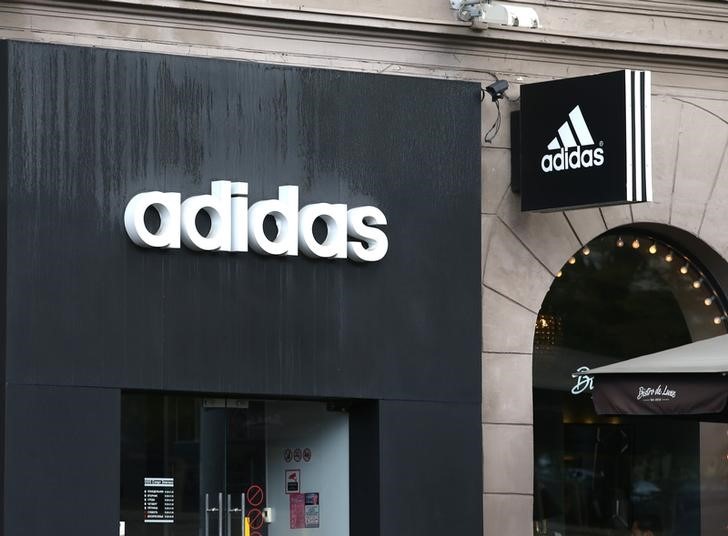otential U.S. tariffs on imported apparel and footwear could significantly impact the retail sector, with analysts assessing price increases, supply chain shifts, and consumer demand elasticity.
As of 08:30 GMT, Adidas AG (ETR:ADSGN) shares were down by 10.7%, Puma SE (ETR:PUMG) by 9.9%, while Nike Inc (NYSE:NKE) stock was seen down by 8.4% in pre-market trade Thursday.
President Donald Trump on April 2 announced a 10% universal tariff on all imports and steep nation-specific duties, potentially reaching 49% for Cambodia and 46% for Vietnam.
"The impact of tariffs is typically most significant in the first quarter after implementation, as companies may not have sufficient time to adjust and mitigate these effects (as per commentary from 2019)," UBS analyst Robert Krankowski said in a note.
He warned that the impact of U.S. tariffs "could prove more severe than expected."
"While firms have had more time to prepare in this instance, we believe the scale of the proposed tariffs could significantly limit companies’ capability to fully mitigate the effects."
Analysts from Bernstein and TD Cowen also highlighted the challenges retailers face as they rely heavily on low-cost manufacturing in Asia.
According to TD Cowen, the sector’s pricing power and supplier negotiations will be crucial in mitigating tariff impacts.
A 45% blended tariff could force companies to raise prices by 10% while absorbing a portion of the costs through supply chain adjustments, TD Cowen analysts said in a note.
Bernstein analysts said that the disruption could alter consumer spending patterns and weaken competition, as some brands may struggle to remain financially viable.
They noted that price increases could have significant volume-eroding effects, as consumers become more selective in their purchases.
Bernstein also warned that the tariffs could lead to shifts in sourcing strategies, but no country had the factory capacity to fully replace Asian manufacturing.
Companies with strong brand loyalty and premium positioning, such as Lululemon (NASDAQ:LULU) and On Holding AG (NYSE:ONON), may have an easier time passing on costs to consumers, whereas mass-market brands could face more resistance, according to Bernstein.
TD Cowen believes that retailers with strong pricing strategies and international sales exposure are better positioned to weather the storm.
Their analysts highlighted Adidas (ETR:ADSGN), Ralph Lauren (NYSE:RL), and Deckers Outdoor (NYSE:DECK) as companies with mitigation potential.
Off-price retailers such as TJX Companies Inc (NYSE:TJX), Burlington Stores Inc (NYSE:BURL), and Ross Stores Inc (NASDAQ:ROST) are expected to outperform, benefiting from shifts in consumer spending toward discount shopping, TD Cowen said.











